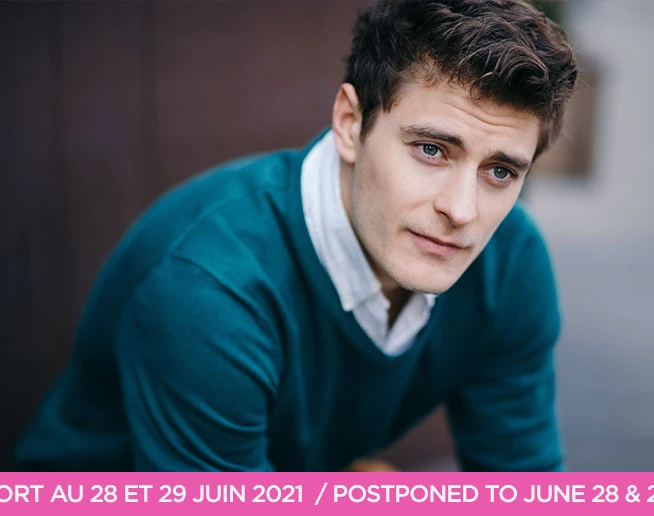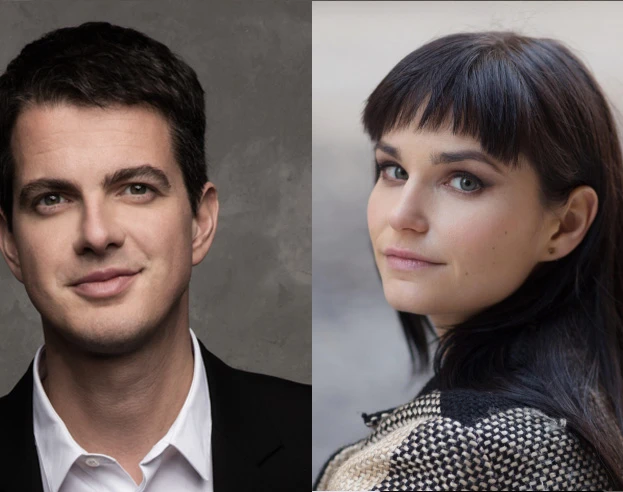Oreste
George Frideric Handel
A brilliant and rare pasticcio comprising Handel's arias and cantatas and a team experienced in this repertoire led by Franco Fagioli
Dates
Franco Fagioli | Oreste
Siobhan Stagg | Ifigenia
Julia Lezhneva | Ermione
Krystian Adam | Pilade
Biagio Pizzuti | Toante
Margherita Maria Sala | Filotete
Maxim Emelyanychev | direction and harpsicord
Il Pomo d’Oro
Sung in Italian with French and English subtitles
About
Handel drew from the repertoire of a dozen of his earlier operas, spread over more than twenty-five years, when he made the pasticcio Oreste in 1734. At that time, he was in a difficult financial situation, between two theatres, and had to rebuild a team of singers in the midst of a rout. Nevertheless, in this work devoted to the folly of Oreste and the reunion with Iphigénie, and complicated by the usual travesties and misunderstandings, most of the arias are not taken up as they are and stuck together, but are modified to adapt them to the score as a whole and to the singers' specificities. This was a fairly common procedure at the time and one in which Handel was one of the masters.
PRODUCTION Théâtre des Champs-Elysées

